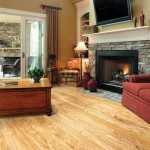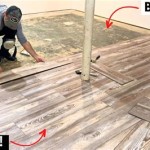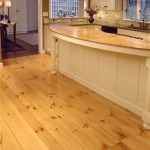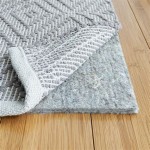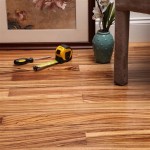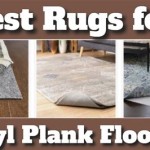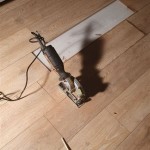How Thick Should Home Gym Flooring Be?
Creating a home gym is a fantastic way to prioritize fitness and wellness while saving time and money. However, a critical aspect of any home gym setup is the flooring. The right gym flooring not only protects your equipment and your home's structure but also safeguards you from injury. One of the most frequent questions is, "How thick should home gym flooring be?" The answer requires a thorough understanding of your needs, the exercises you plan to perform, and the type of flooring you choose. Let's dive into the key factors to consider.
Factors Influencing Flooring Thickness
The ideal thickness of home gym flooring hinges on multiple variables. Here are some key factors to evaluate:
1. Exercise Intensity and Impact Levels
The intensity of your workouts directly impacts the required flooring thickness. High-impact activities like plyometrics, heavy lifting, and intense cardio sessions demand thicker and more shock-absorbent flooring. The extra cushioning reduces stress on your joints and prevents equipment damage. Conversely, low-impact exercises like yoga, Pilates, or light stretching might necessitate thinner, more flexible flooring that allows for a natural flow of movement.
2. Equipment Type
The type of equipment you plan to use plays a significant role in determining flooring thickness. For instance, heavy barbells, squat racks, and weight benches will require thicker flooring to absorb the impact. On the other hand, machines with less impact, like treadmills or elliptical trainers, may not require as much cushioning, allowing for a thinner flooring option.
3. Flooring Material
The material of your gym flooring significantly affects its thickness and properties. Some common types include:
- Rubber Tiles: Widely popular due to their durability, impact absorption, and ease of assembly. Available in various thicknesses, ranging from 1/2 inch to 1 inch, depending on your needs.
- Foam Tiles: Highly flexible and inexpensive, providing excellent cushioning. Typically available in thicknesses of 1/2 inch to 1 inch.
- Horse Stall Matting: Known for its high impact absorption and affordability. Available in various thicknesses, typically ranging from 3/4 inch to 1 inch.
- Engineered Wood Flooring: A durable, aesthetically pleasing option that can handle lighter weight training. Available in thicknesses of 3/4 inch to 1 inch.
4. Budget
The cost of gym flooring varies greatly depending on the material, thickness, and size. Thicker flooring typically costs more than thinner options. It's essential to balance your desired level of protection and budget to choose the appropriate thickness.
Key Considerations for Choosing Flooring Thickness
Once you have considered the factors discussed above, here are some general guidelines for choosing the right flooring thickness:
1. Minimum Thickness:
For lighter workouts and yoga/Pilates, a minimum thickness of 1/2 inch is generally sufficient. This provides a basic level of cushioning and protection. However, it's important to note that this thickness may not be suitable for high-impact exercises.
2. Moderate Thickness:
A moderate thickness of 3/4 inch to 1 inch is a good choice for most home gyms. This offers adequate impact absorption for heavier weights, moderate-intensity cardio workouts, and a wide range of exercises.
3. Maximum Thickness:
For high-impact workouts, including heavy lifting, plyometrics, and intense cardio, a thickness of 1 inch or more is recommended. This provides maximum protection for your joints and equipment.
4. Seeking Professional Advice:
If you are unsure about the appropriate thickness for your home gym, consulting with a flooring specialist or a fitness professional can provide valuable insights. They will assist you in selecting the right flooring for your specific needs and ensure a safe and effective workout space.

What Is The Best Thickness For Weight Gym Flooring Mats

How Thick Should Home Gym Flooring Be

How Thick Should Home Gym Flooring Be Abacus Surfaces

How Thick Should Gym Flooring Be Recommendations For Mats Tiles Rolls

How Thick Should Your Home Gym Flooring Be Lx Hausys

How Thick Should Gym Flooring Be A Detailed Guide Alexander Training Personal In Austin

How Thick Should Home Gym Flooring Be Floors

How Thick Should Your Home Gym Flooring Be Lx Hausys

Jeedeson 24 In X 0 55 Thick Rubber Eva Gym Flooring Tiles Interlocking Anti Fatigue Black Blue 48 Sq Ft Jds Re1be 12p

How Thick Should Gym Flooring Mats Be Cascadia Sport
See Also
